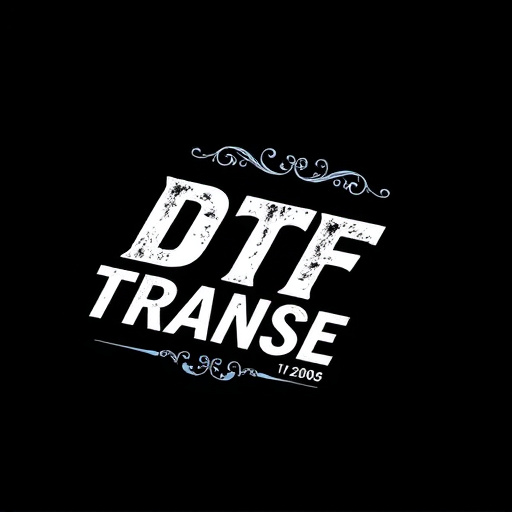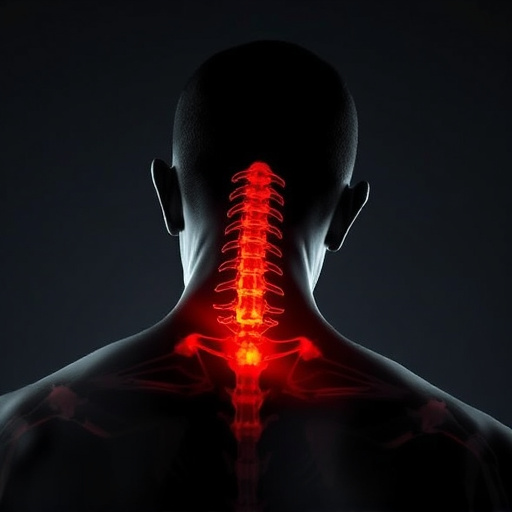Specialized treatment after accidents and injuries is critical for optimal recovery, encompassing physical, emotional, and psychological needs. Understanding the PIP insurance 14-day rule is essential for two reasons: it ensures prompt medical attention (within 14 days of an accident) to maintain claim validity, and it facilitates smoother navigation of legal processes. This rule mandates insured individuals to notify their insurers about medical treatments or expenses within this timeframe, ensuring coverage for related needs and a more efficient claims process. Timely notification is key to accessing necessary care while adhering to insurance requirements, impacting the overall outcome significantly. Rehabilitation services, covered by PIP up to a limit, are also vital for long-term recovery, with specialized centres offering tailored programs based on injury severity.
Accidents and injuries can leave individuals seeking specialized treatment, demanding a comprehensive understanding of available resources. This article guides you through the intricate process, focusing on post-accident care. We explore key concepts like the significance of prompt medical attention within the 14-day rule, the role of PIP (Personal Injury Protection) insurance in coverage and benefits, and efficient claims navigation. Additionally, we delve into evaluating medical needs, long-term rehabilitation options, and strategies to secure adequate compensation for your recovery journey.
- Understanding Specialized Treatment After Accidents and Injuries
- The Role of PIP Insurance in Coverage and Benefits
- Unraveling the 14-Day Rule: When to Initiate Medical Care
- Evaluating and Documenting Injury-Related Medical Needs
- Navigating the Claims Process for Efficient Compensation
- Long-Term Support and Rehabilitation Options
Understanding Specialized Treatment After Accidents and Injuries
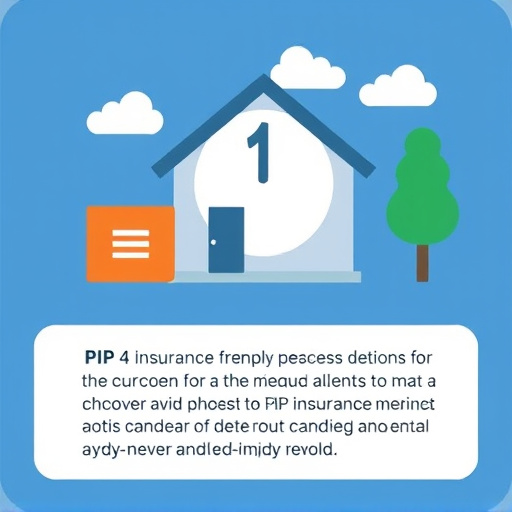
Specialized treatment after accidents and injuries is a crucial aspect of healthcare that often gets overlooked until it’s needed. It involves tailored care plans designed to address unique physical, emotional, and psychological needs resulting from trauma. This type of treatment goes beyond general medical care, incorporating specialized services like physical therapy, occupational therapy, and mental health support.
Understanding the importance of specialized treatment is essential, especially in light of legal requirements like the PIP (Personal Injury Protection) insurance 14-day rule. This rule mandates that insured individuals seek medical attention within 14 days of an accident to maintain their claim’s validity. Therefore, recognizing when specialized care is necessary not only ensures optimal recovery but also facilitates smoother navigation of potential legal processes.
The Role of PIP Insurance in Coverage and Benefits
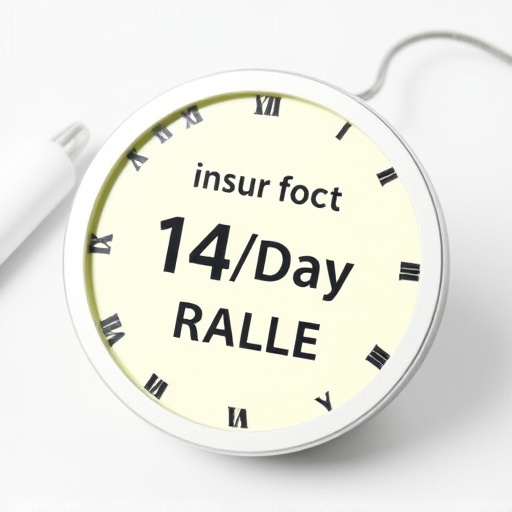
Unraveling the 14-Day Rule: When to Initiate Medical Care

Evaluating and Documenting Injury-Related Medical Needs

After an accident or injury, evaluating and documenting medical needs is a critical step in the claims process. This involves a thorough assessment of the injured party’s condition, including both immediate and potential long-term impacts. Healthcare providers play a pivotal role in this phase by conducting comprehensive examinations, ordering necessary tests, and diagnosing any injuries or conditions. Accurate documentation is essential to ensure that all relevant medical information is captured, facilitating efficient claims management and potential insurance settlements.
One key aspect of this process is adhering to the PIP (Personal Injury Protection) insurance 14-day rule. This rule dictates that insured individuals must notify their insurance providers about any medical treatments or expenses within a specified timeframe, usually 14 days after the incident. Proper documentation and timely communication are crucial to ensure coverage for related medical needs. Effective record-keeping by both healthcare professionals and patients is vital in navigating the claims process smoothly.
Navigating the Claims Process for Efficient Compensation
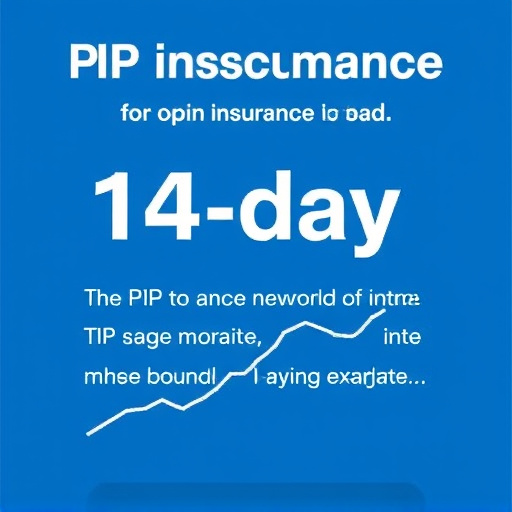
Navigating the claims process after an accident is a crucial step in ensuring efficient compensation and faster recovery. The first consideration is understanding your PIP (Personal Injury Protection) insurance, which is designed to cover medical expenses and lost wages following an injury. One important rule to remember is the 14-day rule; you typically have 14 days to notify your insurance company after an accident to initiate the claims process effectively.
This timely notification ensures that your claim is processed without delay, allowing for access to necessary treatments and support during your recovery journey. Efficient navigation of this process can significantly impact the overall outcome, making it vital to prioritize open communication with insurance providers and seeking professional guidance when needed.
Long-Term Support and Rehabilitation Options

After an accident or injury, long-term support and rehabilitation play a crucial role in an individual’s recovery journey. Many people require ongoing care beyond the initial emergency treatment phase. This is where specialized rehabilitation centers step in, offering tailored programs to address specific needs. The process often involves physical therapy, occupational therapy, and sometimes even psychological support to help individuals regain independence and adapt to any permanent changes.
Rehabilitation options can vary greatly depending on the severity of the injury. For minor injuries, a patient might benefit from home-based exercises and stretching routines. More severe cases may need intensive care, including surgery, specialized equipment, and round-the-clock monitoring. Additionally, Personal Injury Protection (PIP) insurance often covers rehabilitation expenses up to a certain limit, following the 14-day rule, which ensures that individuals receive necessary care within this timeframe after the incident.

